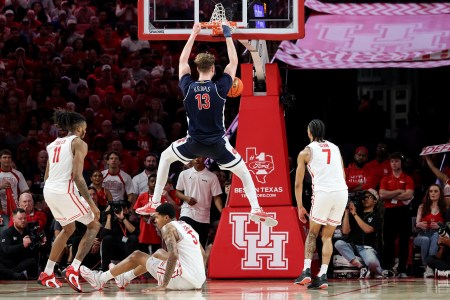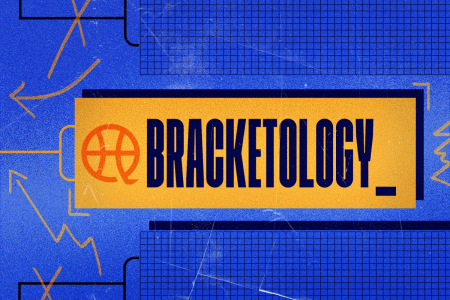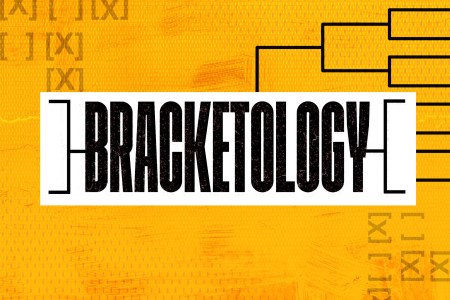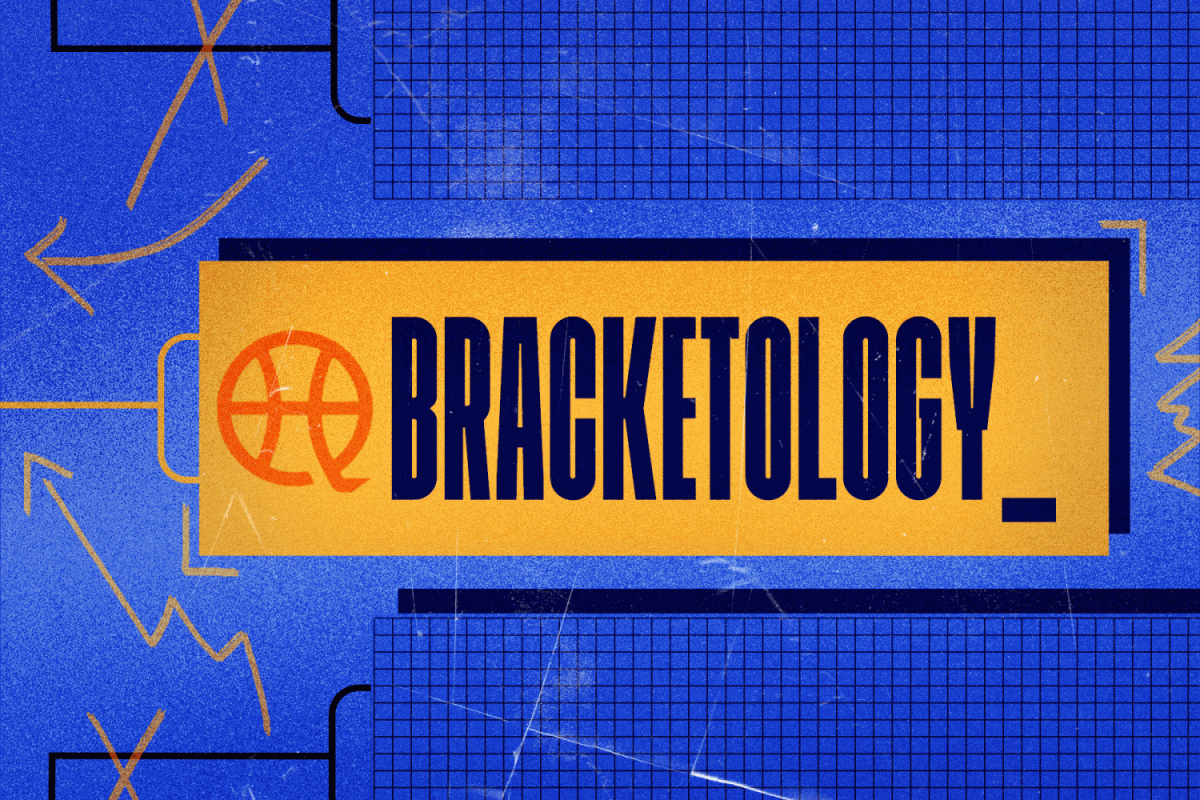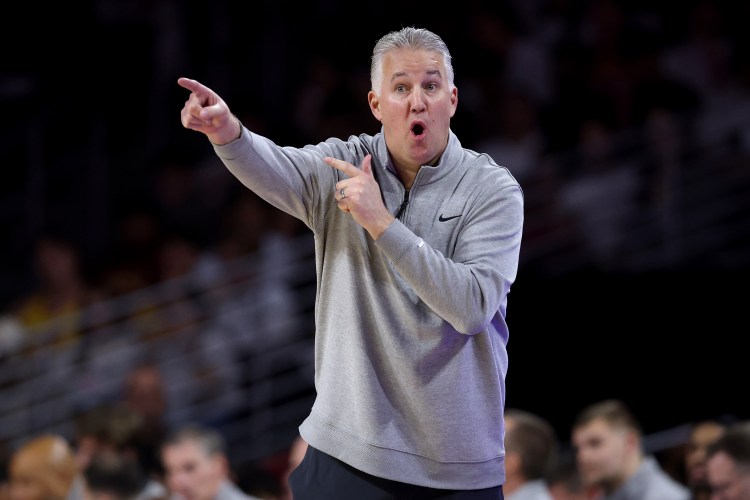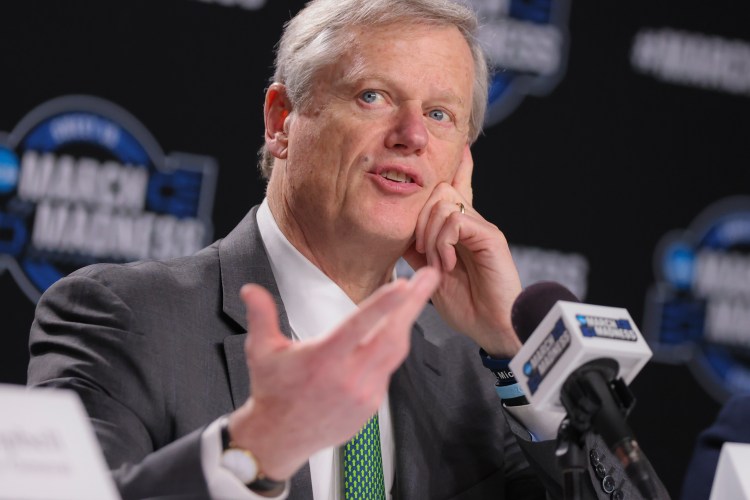SAN ANTONIO – The distance from tiny Pembroke, N.C., to the Alamodome on the cusp of a college basketball national championship can not simply be measured in miles.
They are lightyears apart. Especially from where Kelvin Sampson started, growing up in the 1960s as a Native American in the segregated South.
Members of the Lumbee Tribe weren’t just second-class citizens. With public bathrooms, water fountains and waiting rooms with designations for “White,” “Black” and “Other,” their ethnicity wasn’t even given a label.
It was the kind of discrimination that held many young people of that era down and forced them to accept a life’s path that rarely wandered past the boundaries of rural Robeson County.
But Sampson wasn’t among them.
The son of a hard-working high school basketball coach who stressed academics and supported his family by selling encyclopedias, working in local tobacco markets and other menial side jobs, the difficult environment served as the motivating factor for a long, improbable journey has led the 69-year-old Houston coach to Monday night’s national championship game against Florida and the pinnacle of his profession.
“It’s hard for me to think about the journey without thinking of my mother and father,” Sampson said Sunday, less than 24 hours after his Cougars rallied from 6 points down in the final 33 seconds to beat Duke and earn their title shot.
“My mother was a nurse. She worked 12-hour shifts. My dad was a high school basketball coach in a little country community at Magnolia High School. Coming from a small town where you had to outwork everybody was perfect for me because I didn’t get to be an assistant coach for somebody and learn as much as some of these other guys.”
While that’s technically a true description of Sampson’s basketball background, it’s not entirely accurate.
While he wasn’t a full-time assistant to Jud Heathcote at Michigan State, where he earned his master’s degree in coaching administration after a playing career at Division II Pembroke State, he did get a valuable on-the-court education at the side of a national championship-winning coach.
He got his first head coaching job at Montana Tech, an NAIA program that had won only 17 games combined in the three seasons before he took over. After going 7-20 as an interim coach in his first year, he won 22 or more in each of the next three seasons, starting an upward climb that took him to Washington State, then Oklahoma, where he made his first Final Four appearance in 2002.
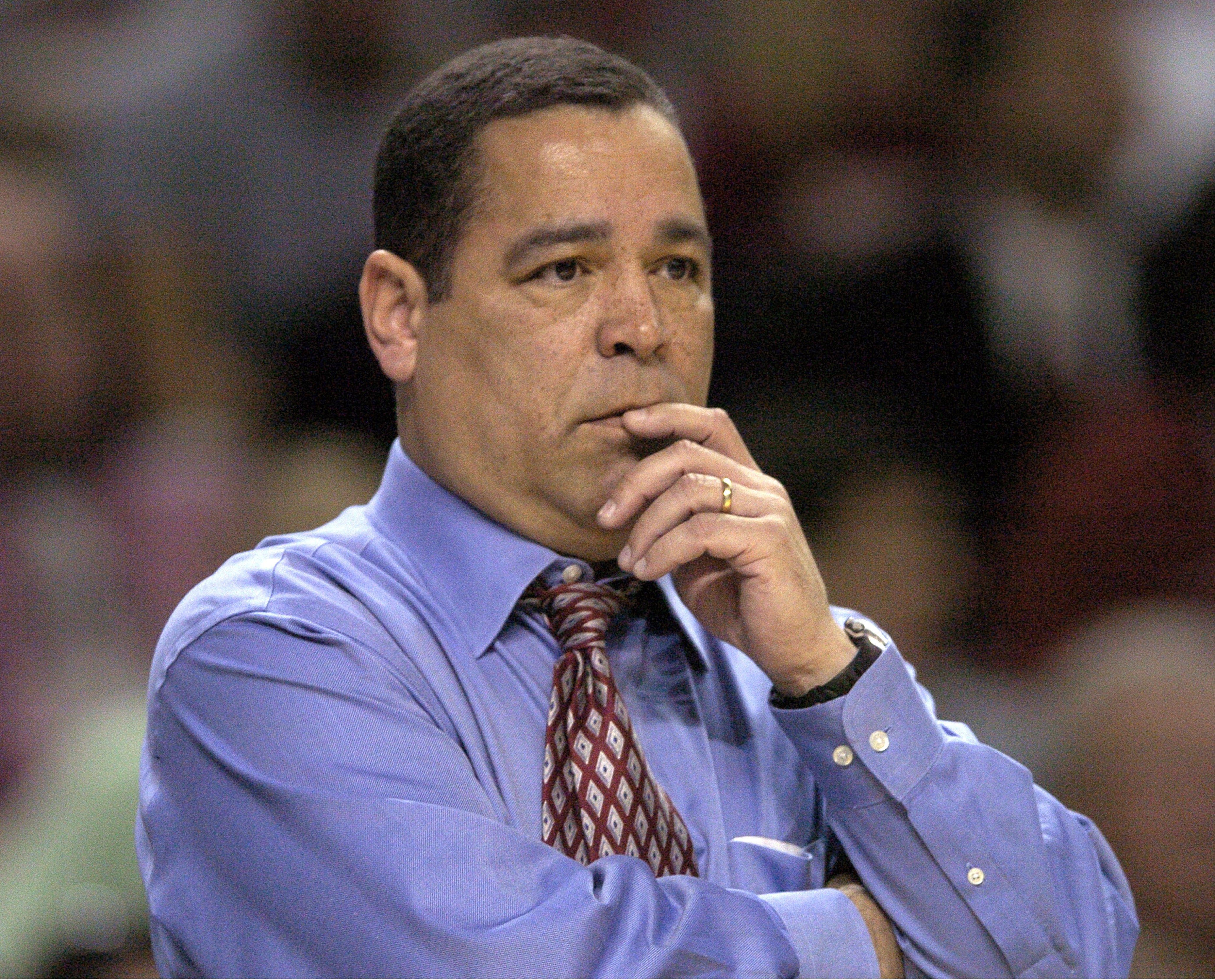
Following a setback six seasons later when he was fired at Indiana for NCAA violations involving impermissible phone contact with prospective recruits, he reinvented himself as an NBA assistant before returning to the college ranks at Houston, where he has built his program into a consistent national contender and successfully navigated the Cougars through the transition from the American Athletic Conference to the Big 12.
He made his second Final Four appearance in the COVID season of 2020-21. This is his first trip to the final game.
“I used to come to the tournament when I was a young coach. I would sit in the stands and look at the two coaches in the championship game,” Sampson said. “You think you’d like to be there one day if you could ever get the chance. So for me, it’s a lot of gratitude. A lot of appreciation for having this opportunity.”
With a win against the Gators on Monday, he would become the oldest coach to win a national championship while at the same time, reaching the 800-win mark for his career.
It would be a meaningful victory for a lot of reasons. Most of all, to prove that with hard work and belief, a kid who was once dismissed as an “other” can accomplish a goal few others have.

